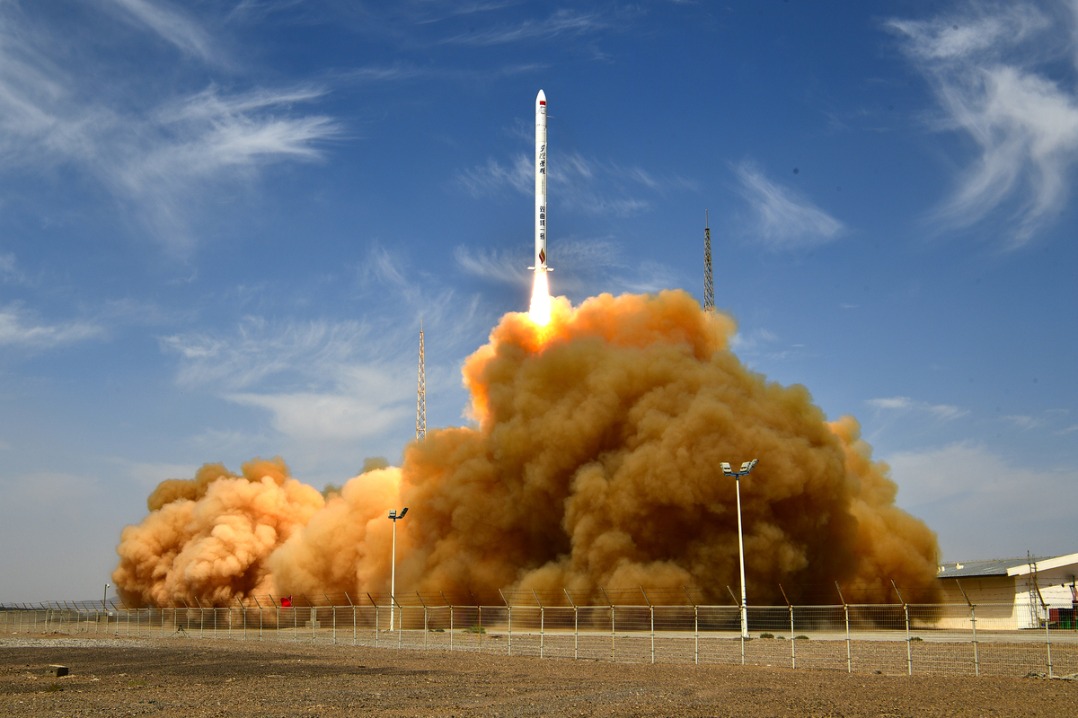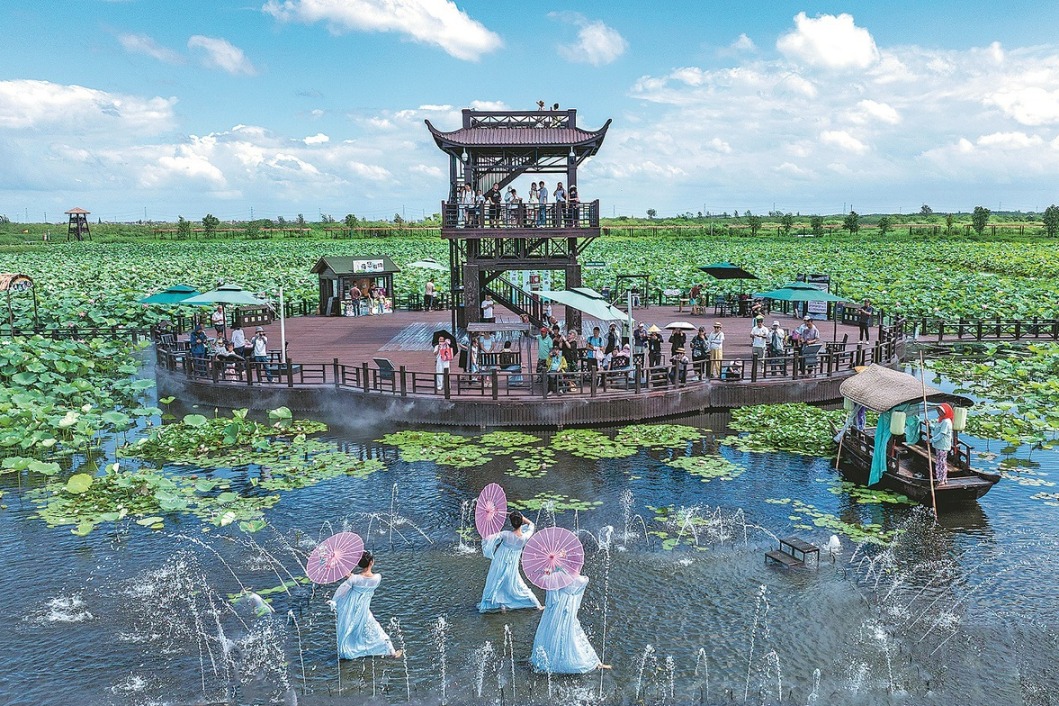Starbucks ousts CEO as market growth slumps

Starbucks, which has struggled this year in its two largest coffee markets — the United States and China — ousted its CEO on Tuesday, responding to pressure from an activist investor and its longtime former boss.
The Seattle-based company named Brian Niccol, CEO at Chipotle Mexican Grill since 2018, as its new chairman and CEO, to replace Laxman Narasimhan, effective on Sept 9.
" (Niccol) has my respect and full support," said Howard Schultz, who has become the company's biggest independent shareholder during his three stints as its leader, in a news release issued by Starbucks.
Narasimhan was removed after about 16 months in the job. He was the first external leader of the modern iteration of Starbucks and was personally chosen as the successor to Schultz, who transformed the company from a local coffee chain into a global icon.
However, during Narasimhan's short tenure, Starbucks in 2020 had its first decline in comparable store sales by more than 20 percent.
The Financial Times reported on Tuesday that Starbucks' board made the decision after its management strategy came under attack from activist investor Elliott Management, which controls a sizable minority stake.
Elliott had been holding talks with the chain over a number of demands, including board representation, the FT reported. The 70-year-old Schultz privately expressed his opposition to a settlement with Elliott, it added.
In a statement, Elliott said it viewed the management change "as a transformational step forward for the company".
With the leadership change, Starbucks' shares surged 24.5 percent, positioning the company for a record one-day percentage gain, while Chipotle shares fell by about 7.5 percent in Nasdaq Stock Market trading on Tuesday.
The world's largest coffee chain has more than $36 billion in annual revenue and 38,000 stores across more than 80 countries.
In China, Starbucks' second-largest market by sales, the competition has become increasingly tougher in recent years.
Under Narasimhan's tenure, Starbucks intended to accelerate drink-making and open thousands of additional locations in China as part of its "reinvention" strategy. The plan, initially developed by Schultz, emphasized increased automation and aggressive expansion.
Schultz spoke about his travels to China to promote the company and to help connect the US and China through shared values.
Customer experience
But he also wrote in a LinkedIn post in May that Starbucks should start by improving its operations, which were "the primary reason for the company's fall from grace". "The stores require a maniacal focus on the customer experience, through the eyes of a merchant. The answer does not lie in data, but in the stores," he wrote.
In China, Starbucks faces increasing competition from Luckin Coffee, which has gradually occupied the country's coffee market with fast mobility services and innovative coffee-making.
Luckin has surpassed Starbucks by sales and number of stores, according to its earnings reports last year.
Niccol will need to devise Starbucks' next strategy in China. At Chipotle, he has helped more than double sales from 2018 to 2023 by implementing new safety protocols, modernizing the chain's ordering systems, introducing new ingredients and opening new locations.
Agencies contributed to this story.
Today's Top News
- China and US agree to push for extension of tariff pause after Stockholm negotiations
- US, China trade talks candid, in-depth, constructive, says China intl trade representative
- China unveils delegation for Chengdu World Games
- Xi urges youths to champion vision of peace
- All-out relief efforts underway in flood-hit regions
- Crucial to foster stable China-ROK ties






























